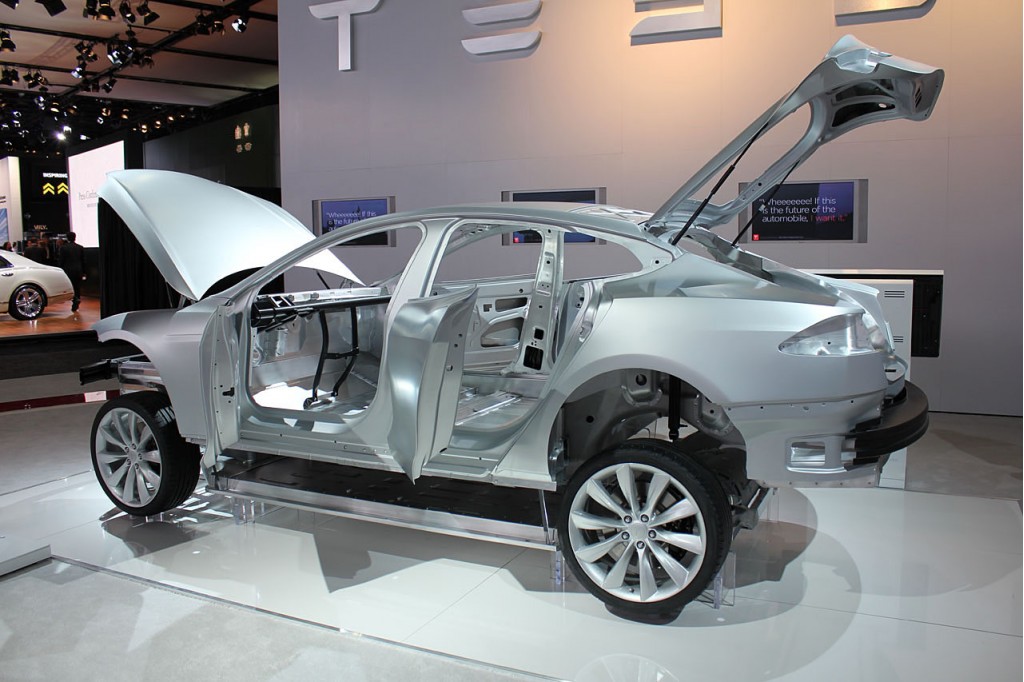Saab fans all over the world are looking anxiously at a company that says it's pulled itself back from the brink of death. Again.
The latest rescuer is the little-known Chinese carmaker Hawtai Motor Group, which will invest 120 million euros ($177 million) in Spyker Cars NV, the Dutch company that owns the Swedish brand.
For its $177 million, Hawtai will be able to purchase up to 29.9 percent of Spyker. That means that the entire company is valued at $530 million.
In contrast, startup electric-car maker Tesla Motors [NSDQ: TSLA] has a market capitalization of $2.5 billion, after its successful initial public offering last June.
Tesla has built barely 1,700 cars, and will produce no cars at all during a substantial part of next year as it works toward volume production of its all-electric 2012 Tesla Model S luxury sports sedan.
Hawtai was founded just 11 years ago, in 2000. Like many small Chinese vehicle manufacturers, it builds a variety of products: cars, sport-utility vehicles, buses, and engines.
2012 Tesla Model S body-in-white
It sold a total of 81,500 vehicles last year, according to data from the China Association of Auto Manufacturers.
That's a 60-percent rise from its 2009 sales, exceeding the growth rate in the booming Chinese market substantially.
More relevant, it's also more than twice the 31,696 cars sold by Saab--globally--last year.
Saab's sales in the U.S., historically its largest single market, have plummeted to a rate of less than 10,000 per year.
Worse yet, its newest model, the luxurious midsize 2011 Saab 9-5 sports sedan, is selling so slowly in the U.S. that it's being outsold even by the Nissan Leaf and Chevrolet Volt plug-in electric cars.
Saab showed an all-electric 9-3 ePower SportCombi wagon at last fall's Paris Motor Show, and has plans to roll out a test fleet of 70 such cars to gather data on electric operation.
For the moment, though, survival comes first.
+++++++++++













